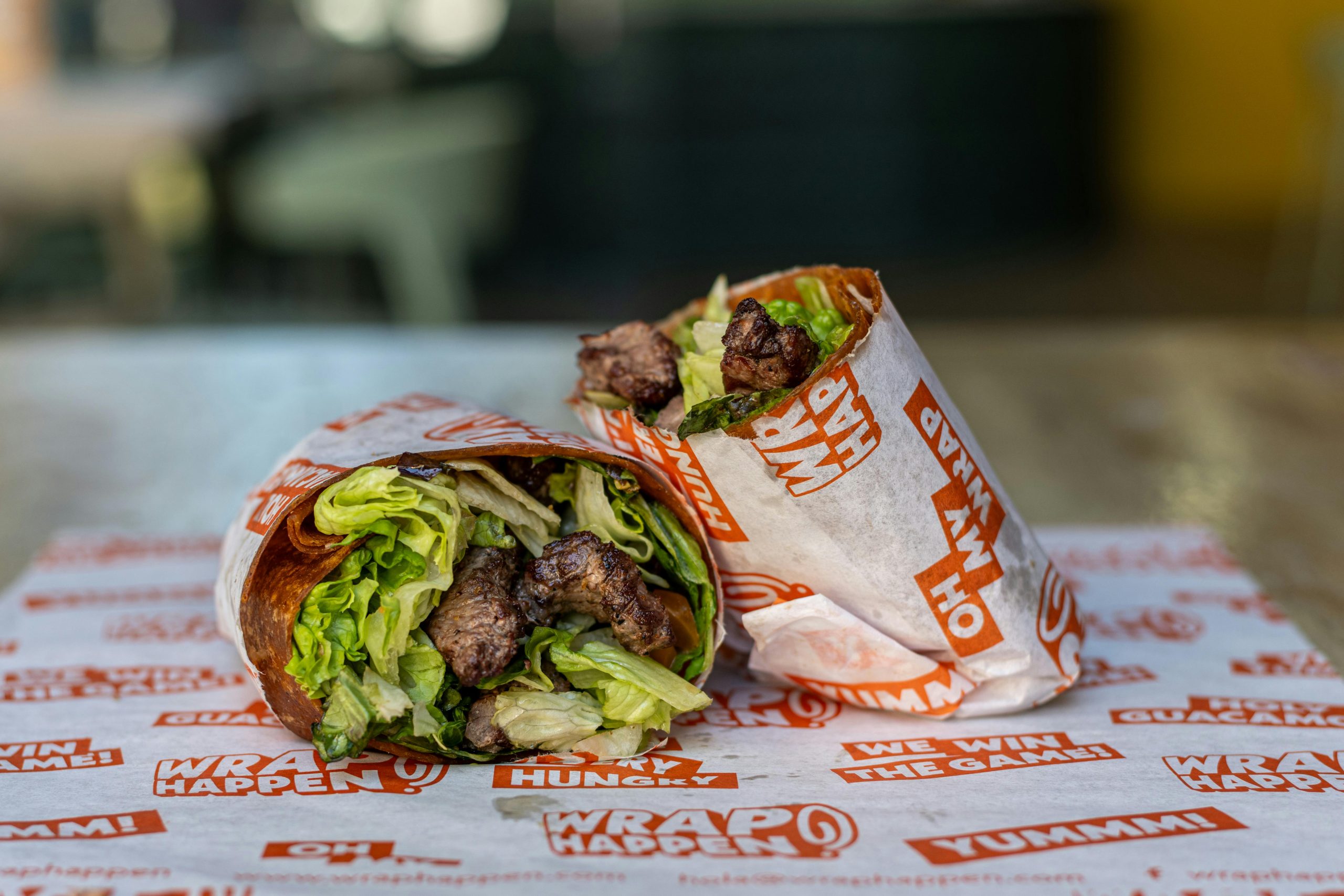‘You have unfulfilled desires’: Exploring the psychology behind Australia’s fascination with oversized vehicles


‘You have unfulfilled desires’: Exploring the psychology behind Australia’s fascination with oversized vehicles

Australia’s Hilariously Quirky Currency (finally proving what I suspected was just an urban legend)

Speeding in Roadworks: A Rant Alright, I need to get something off my chest and would love some feedback. Am I losing my mind here? Last week, I undertook a

The GYG Burrito Experience: Size Matters, but Refunds Don’t When it comes to fast-casual dining, few things are more exciting than indulging in a burrito from GYG (Gourmet Mexican Grill).
The article touches on an interesting aspect of consumer behavior in Australia, particularly the appeal of larger vehicles like SUVs and utes. This tendency can be examined through several psychological lenses.
Firstly, the idea of “unmet needs” suggests that many individuals may be seeking a sense of security, control, or status that they feel larger vehicles can provide. In a society where safety and capability are highly valued, big cars often symbolize power and resilience. Psychologically, driving a bigger vehicle can foster a sense of dominance on the road, potentially fulfilling a desire for recognition or superiority.
Moreover, the practical aspects of big cars—like space, comfort, and the ability to navigate diverse terrains—align with Australian lifestyles, particularly in rural areas where vehicles may need to handle rugged conditions. This functional appeal can enhance feelings of independence and freedom, further solidifying the bond between Australians and larger vehicles.
Additionally, marketing and social influences play significant roles. As these vehicles are often associated with adventure and family life, they become a symbol of aspiration. The portrayal of big cars in media and advertising often taps into emotional narratives, making them more desirable.
Ultimately, understanding this phenomenon requires a holistic look at cultural values, personal psychology, and market dynamics. It opens up a conversation about what drives our choices and how those choices reflect our deeper needs and aspirations.